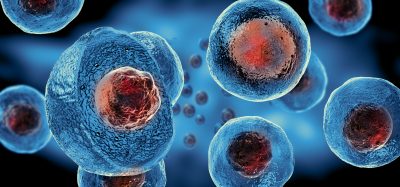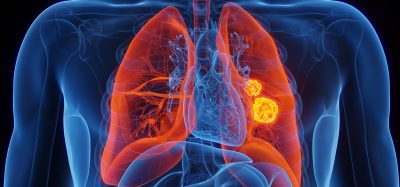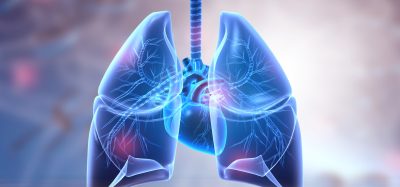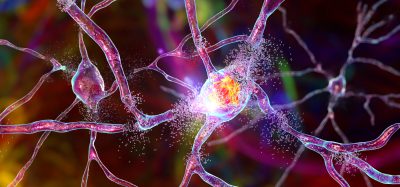Amino acid promotes tumour growth
Posted: 17 October 2023 | Ellen Capon (Drug Target Review) | No comments yet
Research into how the amino acid arginine drives metabolic reprogramming offers promise for liver cancer treatment.
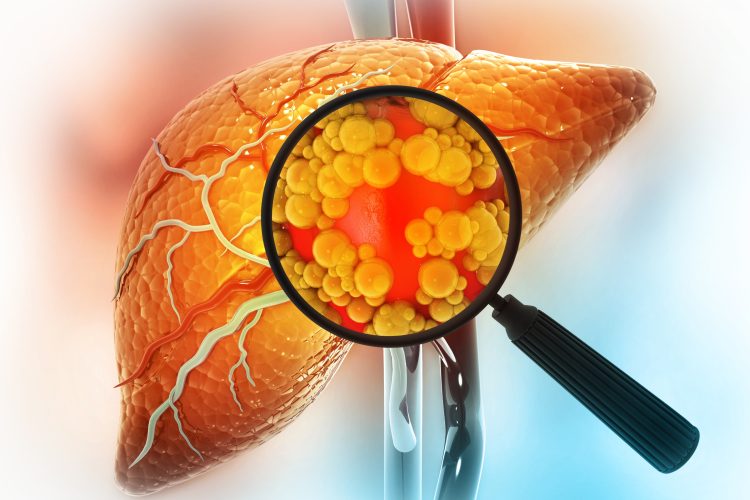

Scientists at the Biozentrum, University of Basel, have found a key driver of metabolic rewiring in liver cancer cells. The liver is an essential organ that has a variety of crucial functions in the body, including metabolising nutrients, storing energy, regulating blood sugar levels and detoxifying and removing harmful substances. Liver cancer is one of the most dangerous cancers, with its main causes being obesity, excessive alcohol consumption and hepatitis C infection. To improve its treatment, early diagnosis and appropriate therapeutic strategies are very important.
Metabolic changes and tumourigenicity
Cancer is a multi-faceted disease which has previously been seen as a disorder in cell proliferation, the increase in cell numbers resulting from cell division. The mechanisms of normal cell proliferation, as well as the pathologic consequences occurring when the system malfunctions, are critical to many areas of medicine, including embryogenesis, tissue repair and oncogenesis.1
However, growing evidence shows that cancer is a metabolic disease, as cells can rewire their metabolism to enable uncontrolled cell proliferation. Led by Professor Michael N Hall at the Biozentrum, University of Basel, the study found an explanation for how cells change their metabolism and how this causes tumourigenicity.
Elevated levels of arginine
The behaviour of healthy liver cells slowly changes when they turn into cancer cells, by changing their metabolism to grow as quickly as possible. For example, they consume more glucose compared to normal cells and enhance their overall nutrient uptake. Cancer cells rely on aerobic glycolysis, coined the Warburg effect, which is a biologically inferior form of energy production. This means that they must adopt a mode of increased glucose import to meet their energy demands.2
Lead author Dr Dirk Mossmann said: “We investigated liver tumour samples from mice and patients and found elevated levels of arginine, although cancer cells produce less or none of this amino acid. The tumour cells accumulate high levels of arginine by increasing its uptake and suppressing its consumption.” He continued: “Furthermore, we found that the high levels of arginine are necessary for tumour development, independently of the amino acid’s role in protein synthesis. This then begged the question, how does arginine lead to tumorigenicity?”
Depleted arginine means tumour escape
Metabolic reprogramming is triggered when, at high concentrations, arginine binds to a specific factor. This promotes tumour growth by regulating the expression of metabolic genes. Consequently, tumour cells revert to an undifferentiated embryonic cell state in which they can divide indefinitely.
Also, tumour cells benefit in another way by increased uptake of arginine. “Our immune cells depend on arginine to function properly,” Mossman explained. “Therefore, depleting arginine in the tumour environment helps the tumour cells escape the immune system.”
Diagnosis and therapy
The study’s findings have promising implications for liver cancer therapy. The scientists intend to target the specific arginine-binding factor rather than depleting arginine. “When treating liver tumours with the anticancer drug indisulam, we induce the degradation of this factor and thus prevent metabolic reprogramming,” Mossmann said. “Via this route, one can avoid unwanted side effects of reducing overall arginine levels, like harming immune cells that need arginine to work properly.”
“Via this route, one can avoid unwanted side effects of reducing overall arginine levels, like harming immune cells that need arginine to work properly.”
Metabolic changes such as increased arginine levels could serve as biomarkers for detecting cancer at an early stage, which is essential for successful cancer treatment and patient survival.
This research was published in Cell.
References
1 Krafts K, Ray SD, Yang N. Cell Proliferation. In: Wexler P. Encyclopaedia of Toxicology. Third Edition. [Internet]. Waltham, MA: Academic Press, Imprint of Elsevier; 2014 [cited 2023 October 11] p.761-5. https://doi.org/10.1016/B978-0-12-386454-3.00274-8
2 Adewale O, Ajiboye B, Emuowhochere R, et all. Biology of glucose metabolisation in cancer cells. Journal of Oncological Sciences [Internet]. 2017 July [cited 2023 October 9]; 3(2):45-51. Available from: https://www.sciencedirect.com/science/article/pii/S2452336417300420
Related topics
Biomarkers, Oncology, Targets
Related conditions
Hepatitis C, Liver cancer
Related organisations
Biozentrum of the University of Basel



